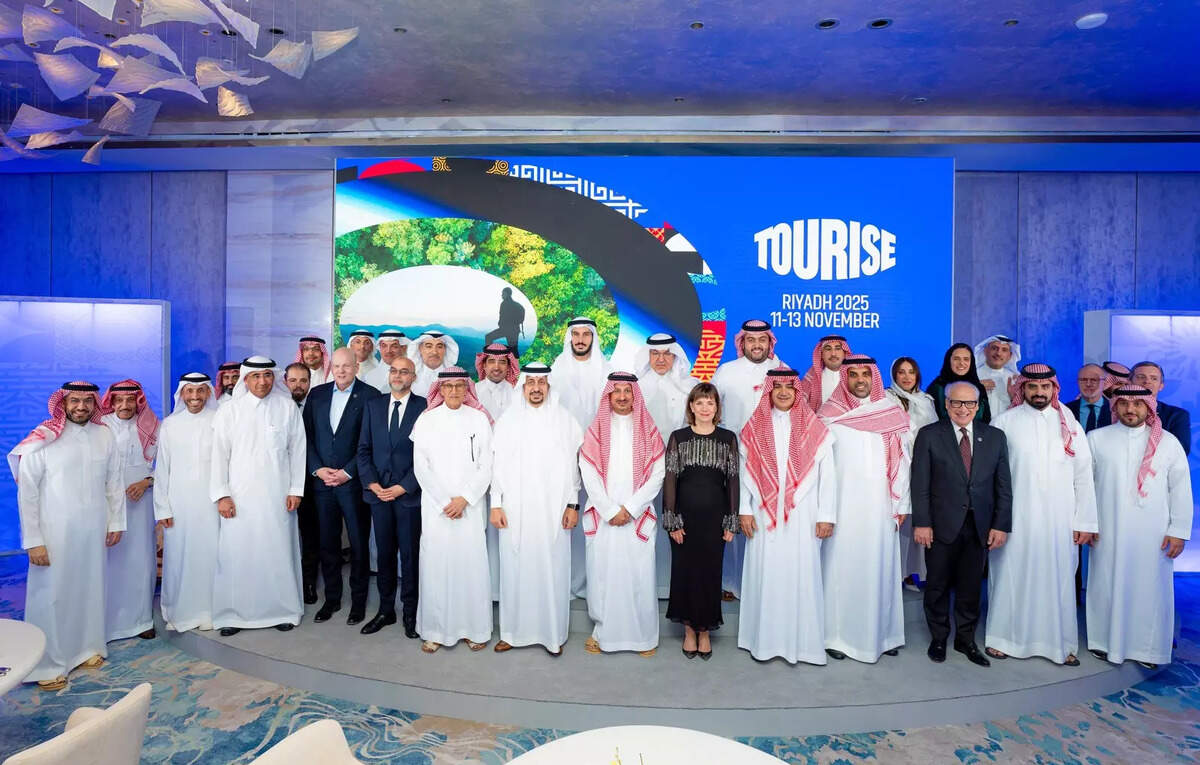India Is Not Only Future-Ready, It Is Shaping That Future: Foreign Secretary Misri In Tokyo

India’s Foreign Secretary Vikram Misri, addressing the 2nd Raisina Tokyo Dialogue, presented a comprehensive vision of India as not only future-ready but actively shaping the global future, with a particular focus on the deepening India-Japan partnership.
He highlighted India’s robust economic fundamentals, noting foreign exchange reserves exceeding USD 690 billion and a significant drop in retail inflation to 3.16% in April 2025—the lowest in nearly six years.
With a population of 1.4 billion and a median age below 29, India stands as one of the world’s largest and most dynamic consumer markets, underpinned by a growing middle class and an expanding, skilled workforce.
Misri emphasised the strategic shift in India’s economic model towards manufacturing-led growth, driven by the "Make in India" initiative and the Production Linked Incentive (PLI) Scheme, which is projected to attract USD 520 billion in investment and includes participation from over two dozen Japanese companies.
India’s commitment to developing a semiconductor ecosystem, supported by a USD 10 billion allocation, is complemented by collaboration with Japan to enhance talent and innovation in this critical sector. The electric vehicle sector is also undergoing rapid transformation, supported by policies such as FAME-II and new incentives for battery manufacturing, with the aim of replicating the India-Japan success story of Maruti-Suzuki in the electric mobility era.
On the regulatory front, India has enacted significant reforms to foster a transparent and efficient business environment. These include liberalising FDI limits in key sectors, simplifying compliance and tax structures, and improving its ranking in the World Bank’s Ease of Doing Business index from 142nd in 2014 to 63rd in 2020.
Legal reforms have reduced over 39,000 business compliances and decriminalized hundreds of minor offences, streamlining enterprise operations. Digital governance tools like the National Single Window System and initiatives such as MCA21 and GSTN have further simplified business processes, while the Goods and Services Tax (GST) has created a unified national market.
Infrastructure development is a central pillar of India’s growth strategy. The PM Gati Shakti National Master Plan aligns investments across transport and logistics, while the Bharatmala and Sagarmala initiatives are upgrading highways and ports, respectively.
The modernisation of Indian Railways, including full electrification and dedicated freight corridors, is reducing logistics costs and enhancing competitiveness. Japan’s role as a preferred partner is evident in flagship projects like the Mumbai-Ahmedabad High-Speed Rail corridor and the proliferation of metro rail systems in Indian cities.
India’s aviation sector is expanding rapidly through the UDAN scheme, aiming for over 200 operational airports by 2040, while integrated logistics parks are improving freight movement. In the energy sector, India has become the world’s third-largest renewable energy producer, targeting 500 GW of non-fossil fuel capacity by 2030, with green hydrogen identified as a key area for future India-Japan cooperation.
The Digital India mission has revolutionized public service delivery, expanding e-governance, online education, and telemedicine. India’s national AI strategy and 5G rollout have democratized digital opportunities, fueling a vibrant startup ecosystem across fintech, agritech, clean energy, and health tech. The space sector, now open to private enterprise, is another area where Japanese capital and expertise are seen as valuable partners for future innovation.
Education and skilling are also prioritized, with India and Japan collaborating on training and language initiatives to prepare the workforce for the new industrial revolution. Misri asserted that India’s strategic positioning in manufacturing, digital empowerment, and infrastructure development not only makes it future-ready but positions it as a shaper of the global future.
The India-Japan partnership, described as a “Special Strategic and Global Partnership,” spans a wide spectrum: industrial competitiveness, clean energy, digital and semiconductor supply chains, infrastructure, energy, space, food processing, science and technology, healthcare, and R&D cooperation. Trilateral initiatives, such as the India-Japan Cooperation Initiative for Sustainable Economic Development in Africa, reflect the expanding scope of collaboration.
Japanese investment in India continues to grow, with a target of 5 trillion yen in public and private investment and financing between 2022 and 2027—3.7 trillion yen already realized by August 2024. Misri encouraged Japanese businesses to expand into digital services, renewable energy, critical minerals, and semiconductors, highlighting the mutual benefits of deeper trade engagement for economic stability, supply chain resilience, and long-term security.
He also expressed deep appreciation for Japan’s solidarity following the April 2025 terror attack in Jammu and Kashmir, underscoring the strength of the bilateral relationship during challenging times. Misri called for global clarity on terrorism, emphasizing the importance of distinguishing between victims and perpetrators.
Misri’s address in Tokyo showcased India’s transformation into a global economic powerhouse, committed to innovation, inclusivity, and sustainable growth, with the India-Japan partnership at the heart of shaping the future of the Indo-Pacific and beyond.










